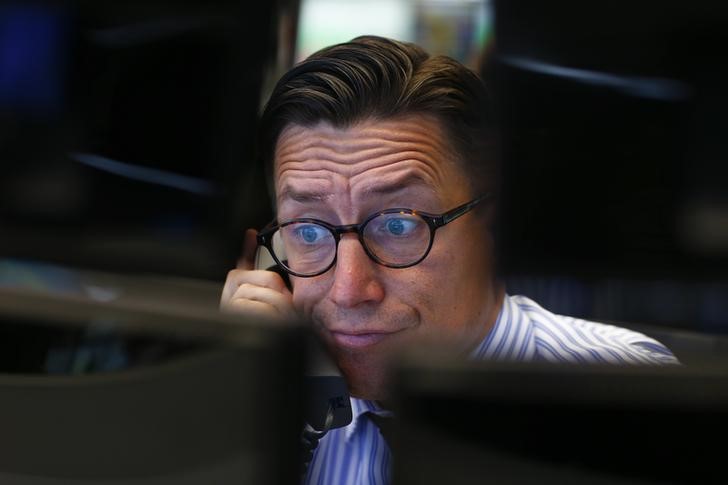Benzinga - by Neil Dennis, Benzinga Staff Writer.
Investors chasing the phenomenal returns delivered by the U.S. technology mega caps have wrought havoc on small cap stock prices, opening up a massive gulf in percentage terms between the S&P 500 and the Russell 2000 indexes.
Data compiled by the Financial Times suggests that the Russell 2000 Index of small cap stocks is on its worst run relative to the S&P 500 seen in 20 years as investors struggle to see beyond the themes of big tech, with companies such as Nvidia Corporation (NASDAQ:NVDA), Broadcom Inc (NASDAQ:AVGO) and AMD (NASDAQ:AMD) enjoying triple digit gains over the past three years.
Over the same three-year period, the S&P 500 index has returned 31%, while the Russell 2000 has lost 6.8%.
The exchange traded funds that track these two indexes have put in similar performances, with the SPDR S&P 500 ETF (NYSE:SPY) up 31% and the iShares Russell 2000 ETF (NYSE:IWM) down 7%.
Also Read: Tesla’s Tactical Change May Deliver Fewer Vehicles But Could Raise Profitability: Analyst
Widening Gulf
Shares in smaller companies typically underperform during periods of higher interest rates as they rely more heavily on lines of credit to grow, and higher interest payments to service these debts eat into their bottom line.
"The valuation gap between small caps and large caps has been extreme," said Denise Chisholm, director of quantitative market strategy at Fidelity.
Based on metrics such as price-to-book value, Chisholm calculates that, relative to large caps, small caps have recently been trading in the bottom decile of their historical valuation range since 1990.
At such extreme levels of undervaluation, compared with some of the lofty prices now seen among the mega caps, what is the likelihood of a rebound in the small cap sector?
Backbone Of The Economy
For small cap stocks to significantly rally, a couple of things are needed in the coming weeks and months: continued U.S. economic growth and Federal Reserve interest rate cuts. With these in place, investors could enter the market at attractive valuations.
“Small caps have historically benefited more than large caps from the first rate cut of a cycle,” said Chisholm. “And their advantage has been even greater when earnings also improved.”
With fourth quarter earnings season all but over, Lipper data showed net earnings for the Russell 2000 companies were down 17.6% year-over-year. By contrast, S&P 500 earnings were up 4%.
But the small cap index’s numbers were undermined by 30% of its companies that were unprofitable, while the S&P 500 was flattered by the huge mega-cap profits.
However, the momentum of gains seen for the likes of Nvidia during the first 10 weeks of 2024 appears to be slowing. Could the second half of 2024 see a resurgent small cap sector?
Chisholm at Fidelity believes so.
She said that small cap stocks had been priced in anticipation of a recession and have plenty of room for recovery now that a soft landing for the U.S. economy appears to be the most likely scenario.
“In my opinion, your risk-reward trade-off is very skewed in favor of small caps,” she said.
Now Read: EXCLUSIVE: ‘AI For Good’ Essential To Advancing Society, Says Veritone CEO
Image generated using artificial intelligence with Midjourney.
© 2024 Benzinga.com. Benzinga does not provide investment advice. All rights reserved.
